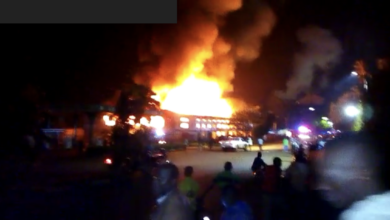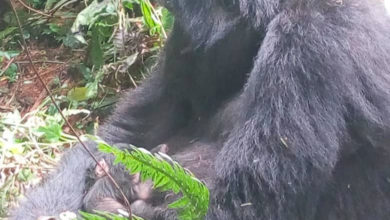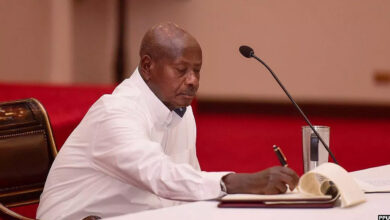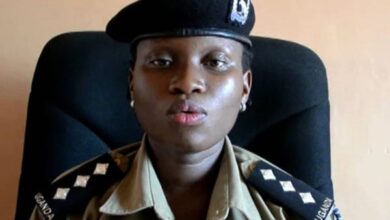Local News
Uganda chosen to host Africa’s biggest HIV conference amid LGBT crackdown
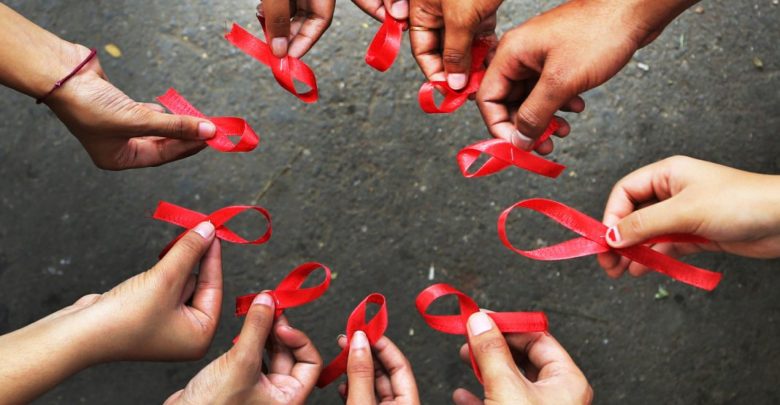
BERLIN — In her plenary address at the International Conference on AIDS and STIs in Africa this month, Cindy Kelemi, executive director of the Botswana Network on Ethics, Law, and HIV/AIDS, called attention to missing political leadership in the HIV response.
“In our beloved Africa, there are many countries with anti-LGBTI policies and laws,” she told the audience in Kigali, Rwanda. “We need political leadership to remove political and structural barriers.”
“Everyone knew that people had been arrested because of who they are, because they identify as LGBT persons.”
— Patricia Kimera, programs director, Human Rights Awareness and Promotion Forum
The very next day, ICASA officials announced that Uganda — a country that has recently renewed a crackdown on its LGBT community — would host its 2021 conference, the largest gathering related to HIV/AIDS on Africa’s calendar.
In sub-Saharan Africa, there remains a high rate of HIV transmission among transgender people and men who have sex with men, amid efforts to underscore the effect that criminalization of LGBT communities has on their ability to access HIV prevention and treatment services.
In that context, ICASA’s selection of Uganda generated a mixed response from local and international activists, including Winnie Byanyima, UNAIDS’ new executive director, who called for the country to repeal its law criminalizing same-sex relations so that LGBT people can attend the conference.
To some, the choice reads as rewarding an administration that has repeatedly threatened the LGBT community.
For others, ICASA offers a new point of leverage to push for decriminalization, not only for LGBT groups but also for other marginalized communities that are disproportionately impacted by HIV, including sex workers and people who inject drugs.
Calling Uganda’s consideration for ICASA a “testament to the power of the activism of people living with HIV and criminalized populations,” Asia Russell, executive director of HIV activist group Health GAP, said Ugandan activists were still right to “point out that government must commit to rolling back criminalization of HIV, homosexuality, sex work, and drug use in order to bring the HIV response into line with evidence and human rights.”
Advocates say there has been a new wave of violence against the LGBT community in Uganda since October, when Ethics and Integrity Minister Simon Lokodo threatened to introduce the death penalty for people convicted of gay sex. Existing anti-gay legislation from the colonial era allows for up to 14 years’ imprisonment for people convicted of homosexual acts.
A week after Lokodo’s comments, police arrested 16 activists from LGBT rights group Let’s Walk Uganda and submitted them to forced anal examinations — a widely debunked practice meant to provide evidence of gay sex. Then, in mid-November, Ugandan police stormed Ram Bar in downtown Kampala, one of the few locations in the capital that is friendly to members of the LGBT community. Police arrested 127 people and charged 67 with causing a nuisance — which, advocates say, masks the real reason for their arrest.
“Everyone knew that people had been arrested because of who they are, because they identify as LGBT persons,” said Patricia Kimera, programs director at the Human Rights Awareness and Promotion Forum, which is helping to provide legal services to those arrested.
SOURCE : devex
